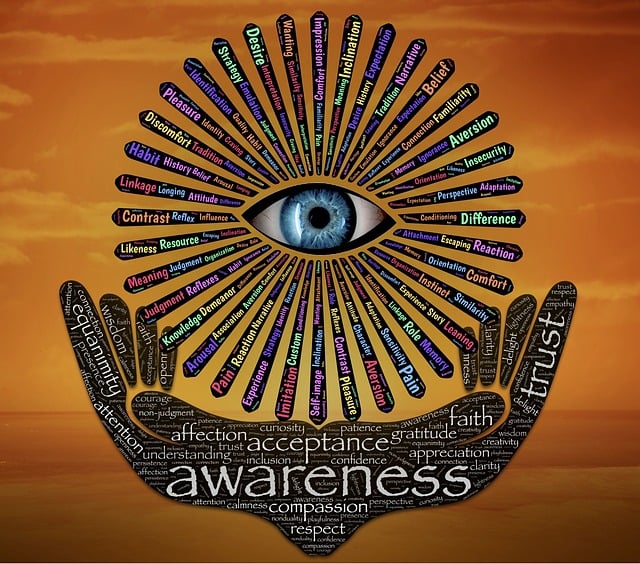According to recent research, 33% of individuals struggle to find their place in new communities. This can be an overwhelming and isolating experience, as it often involves navigating established hierarchies, rules, and cliques. However, there are strategies that can help individuals overcome these challenges and find where they truly belong. In this article, we will explore the importance of listening to others’ experiences without judgment, saying yes to new opportunities, and stepping out of our comfort zones. By adopting these approaches, we can not only expand our social circles, but also create meaningful connections and open doors to new opportunities. It is crucial to remember that being told no does not define our worth, but rather serves as a reminder that we may not have been the right fit at that particular moment. Ultimately, finding where we fit in is a journey of self-discovery, self-confidence, and recognizing our own value within a community.
Key Takeaways
- Actively seeking out new experiences and interacting with individuals from different backgrounds broadens perspectives.
- Building self-confidence is crucial for individuals to fully participate and contribute to communities.
- Navigating social norms requires awareness of unspoken rules and expectations within a community.
- Believing in oneself and their abilities leads to engaging with others and taking on new experiences.
Finding Your Community

Finding your community can be challenging when entering a new environment with established hierarchies, rules, and social groups. However, it is essential to find support and create connections in order to truly belong. In this process, it is important to listen to others’ experiences without judgment and form your own opinions. By saying yes to new experiences, you open yourself up to meeting new people and creating opportunities for yourself. It may be uncomfortable at first, but forcing yourself out of your social norms and introducing yourself to intimidating dancers can lead to valuable connections. It is crucial to remember that being told no does not mean you are not liked; it simply means that you may not have been the right fit at that moment. Ultimately, you are valuable and deserve to find your place within the community.
Navigating Social Norms

Navigating the intricate web of social norms requires a keen awareness of the unspoken rules and expectations that govern one’s interactions within a given community. In order to break barriers and embrace diversity, it is essential to step outside of our comfort zones and challenge the norms that may limit our understanding of others. By actively seeking out new experiences and interacting with individuals from different backgrounds, we can broaden our perspectives and develop a greater appreciation for the diversity that exists within our community. It is important to approach these interactions with empathy and an open mind, allowing ourselves to learn from others and grow as individuals. By embracing diversity and breaking down the barriers that separate us, we create a community that is inclusive, supportive, and welcoming to all.
Building Self-Confidence

Developing a strong sense of self-confidence is crucial for individuals to fully participate in and contribute to their respective communities. Building self-esteem and overcoming insecurities are essential steps towards achieving this goal. In the context of finding where one fits in, it is important to recognize that self-confidence plays a significant role in establishing connections and forming relationships. When individuals believe in themselves and their abilities, they are more likely to engage with others and take on new experiences with enthusiasm. Overcoming insecurities allows individuals to break free from self-imposed limitations and embrace their unique qualities. By embracing their strengths and accepting their vulnerabilities, individuals can navigate social norms and connect with others on a deeper level. Building self-confidence empowers individuals to authentically express themselves and contribute meaningfully to their communities, fostering a sense of belonging and fulfillment.
